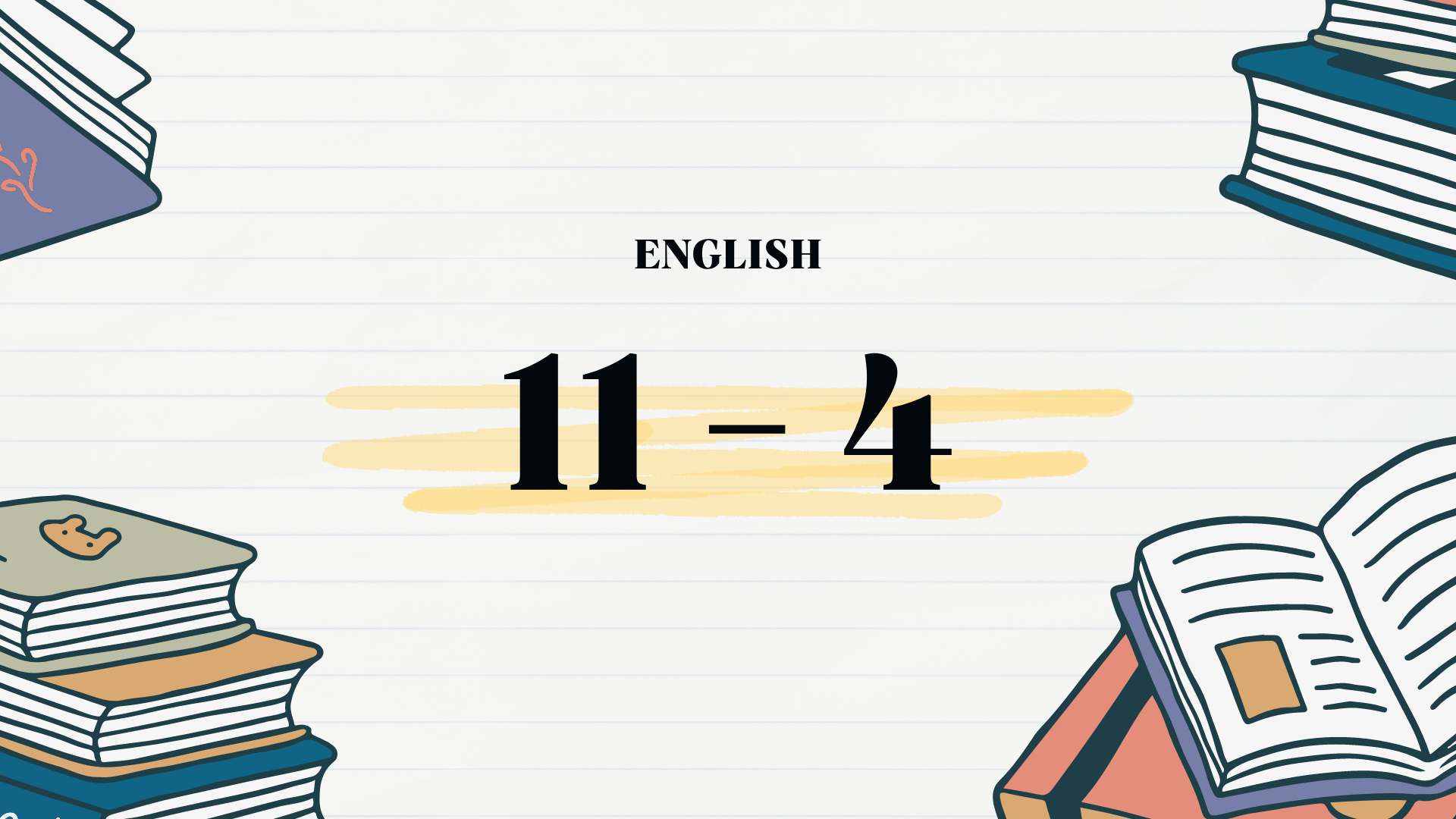
- Teacher: - Erni

English for specific purposes (ESP) teaching conducted to equip learners with a certain English proficiency level for a situation where the language is going to be used, termed target needs.
Richards & Rodger (2001, p.107) saw ESP as a movement that seeks to serve the language needs of learners who need English in order to carry out specific roles (e.g. student, engineer, nurse) and who need to acquire content and real-world skills through the medium of it rather than master the language for its own shake.
Dudley-Evans (1998) states that there are absolute and variable characteristics of ESP.
Absolute Characteristics
1. ESP is defined to meet specific needs of the learners,
2. ESP makes use of underlying methodology and activities of the discipline it serves,
3. ESP is centered on the language appropriate to these activities in term of grammar, lexis, register, study skills, discourse, and genre.
Variable Characteristics
1. ESP may be related to or designed for specific disciplines,
2. ESP may use, in specific teaching situations, a different methodology from that of General English, 3. ESP is likely to be designed for adult learners, either at a tertiary level institution or in a professional work situation. It could, however, be for learners at secondary school level,
4. ESP is generally designed for intermediate or advanced students,
5. Most ESP courses assume some basic knowledge of the language systems.
- Teacher: Christina Ayu Noviyanti Y P
- Teacher: Agustinus Bayu
- Teacher: Tiolina Saragih

- Teacher: Dedy Lien

- Teacher: Christiani Panjaitan
- Teacher: kristian yosar prihatworo

- Teacher: Christiani Panjaitan
- Teacher: Kristian Romanto

- Teacher: Billy Aprianto
- Teacher: Maria Karina Metta Hanjani
- Teacher: Samuel Mabel Siagian
- Teacher: Evariska Zebua



